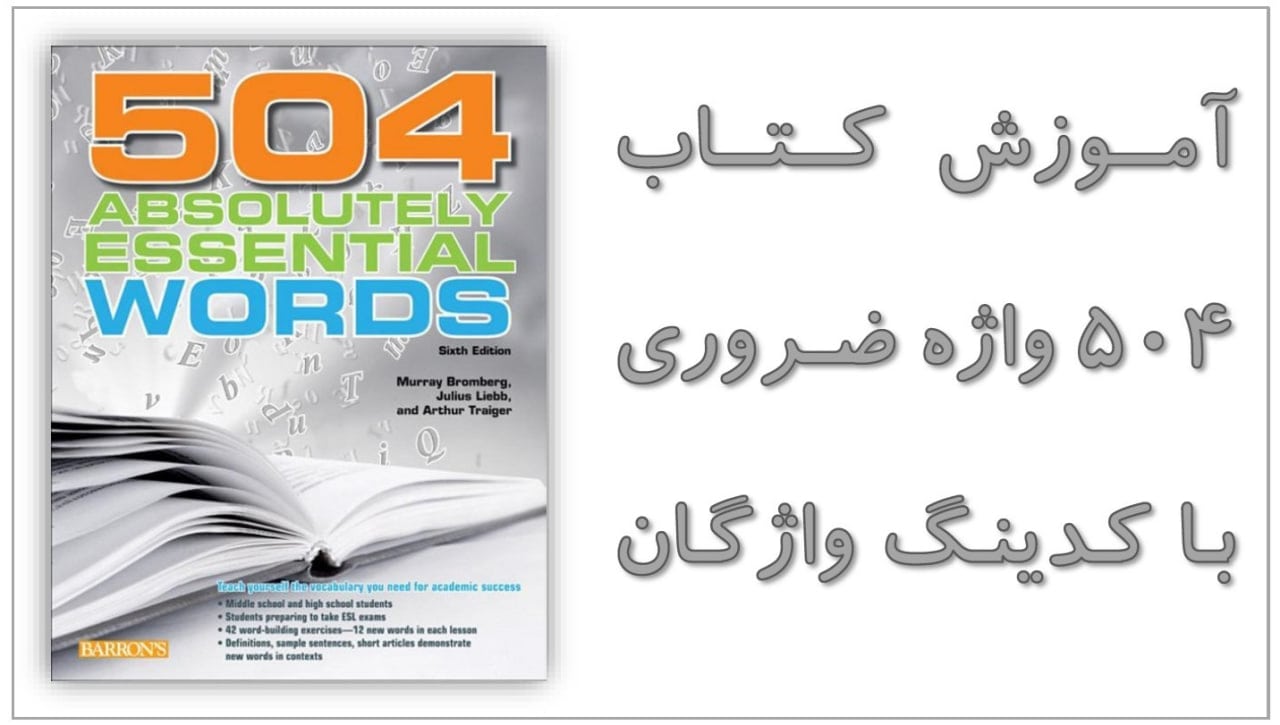‘Have to’ or ‘must’?)
you must
In these blogs we make a point of looking at areas that often cause difficulties for learners of English. We are considering how we talk about obligation – the fact that we must do something, either because of a rule or some other need. We will start with the differences between ‘have to/need to’ and ‘must’, and when we use one and not the other.
Have to/Need to
The first thing to say is that if we want to talk about something that it is necessary to do, ‘have to’ and ‘need to’, (followed by the infinitive of the main verb), generally sound correct and natural:
You have to/need to be there for eight o’clock.
I have to/need to get some money out.
You have to/need to get a form from the office.
Must
‘Must’ is also used to talk about what is necessary, though it can sound urgent in a way that ‘have to’ and ‘need to’ generally do not. People often use ‘must’ to say that it is necessary that they themselves do something. They are reminding themselves to do a very important thing:
I must call my mum tonight!
I must remember to pay Emily for the ticket!
Another use of ‘must’, (often in speech), is when we suggest very strongly that someone we know well should do something, often because we know they will like it, or be helped by it. We are recommending something to someone, or advising them, but in a very definite way:
It’s a brilliant movie – you must see it, Tom.
Ooh, you must try this chicken – it’s delicious!
You look so tired, Lucy. You must get some rest!
When ‘must’ is used to talk about a rule or standard that is necessary, it is likely to be in an official context:
All participants must be 21 or older.
Applicants must have a strong command of the English language.
Meat must be cooked thoroughly.
Past and future tenses
Note that ‘must’ can only be used in the present tense. To talk about something necessary in the past or the future, use ‘have to’ or ‘need to’:
I had to catch the train so I left early.
You will need to tell Jim.
‘Must not’ or ‘do not have/need to’?
Remember that these negative forms of ‘must’ and ‘have to/need to’ mean something completely different. Must not is used for talking about something that it is necessary not to do:
We must not forget our past.
We really mustn’t miss that train!
You mustn’t tell Alice – she would be so upset.
The negative form of ‘have/need to’, (not have/need to), is used for saying that there is no need to do something. We can do that thing if we want to, but it is not necessary:
There will be food at the party so we don’t have/need to bring any.
You can come if you like, but you don’t have/need to.
Do I have to?/Must I?
To form a question with ‘have to’ and ‘need to’, we use the auxiliary verb, ‘do’:
Do you have to pay for the service?
Does Maria need to buy a ticket in advance?
‘Must’ can also be used in a question form, (‘Must I …?’/Must we …?’) but it is less common and sounds quite formal:
(formal) Must we all attend?
Have to and have got to
Note that British speakers of English often say have got to instead of ‘have to’. When speaking, they usually abbreviate the ‘have’ part:
I’ve got to (= I have got to) finish this essay this afternoon.
Note that ‘have got to’ can only be used in the present tense.
[Google] Follow @Username
 UCLnet.com Teaching English; Idioms, Proverbs, Vocabulary, Grammar, Speaking , Reading, Listening, Writing
UCLnet.com Teaching English; Idioms, Proverbs, Vocabulary, Grammar, Speaking , Reading, Listening, Writing








